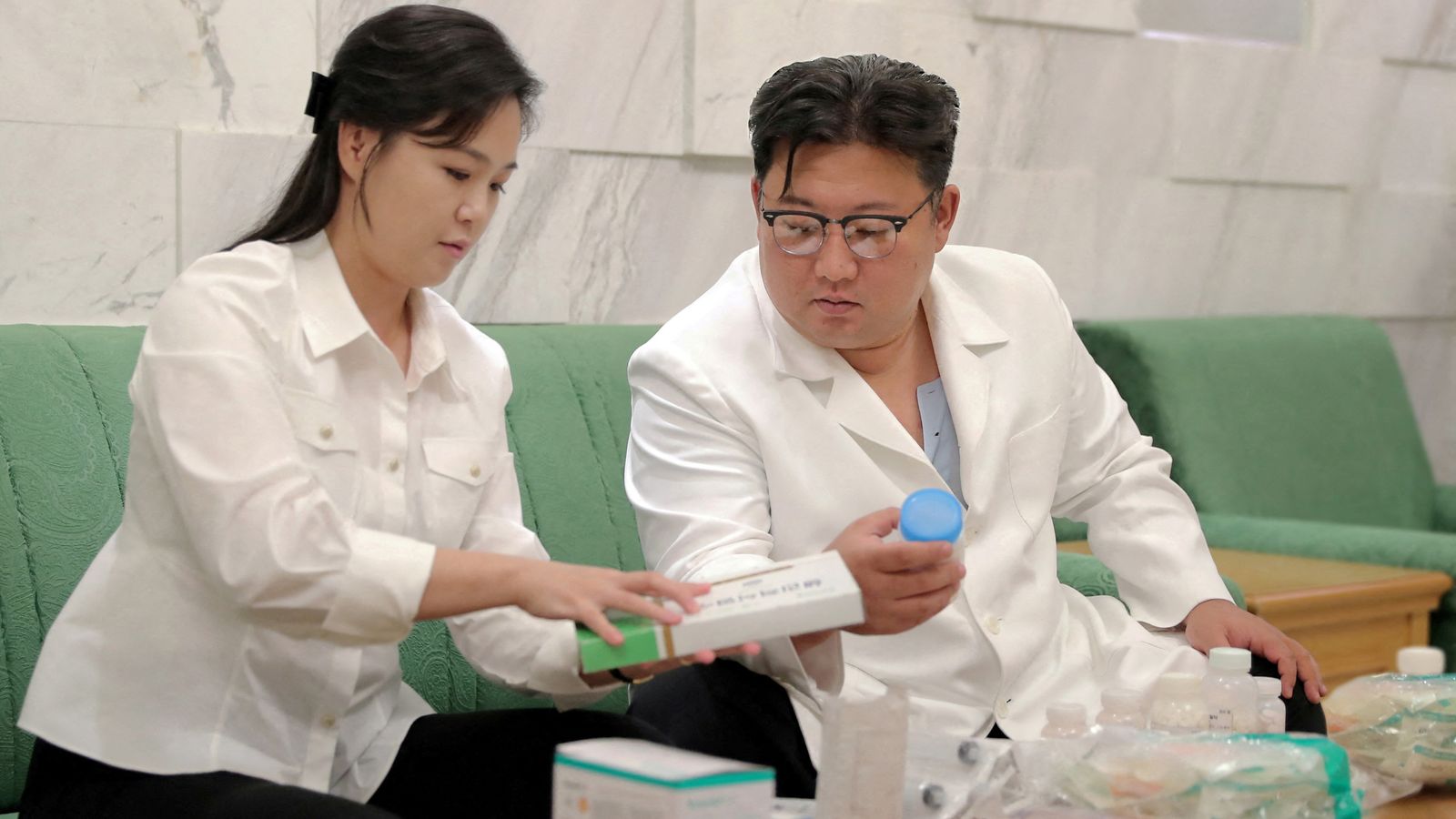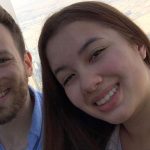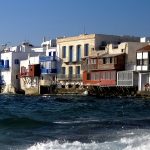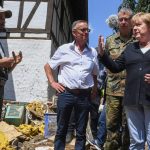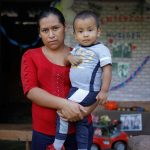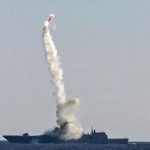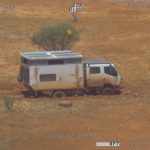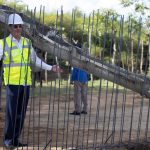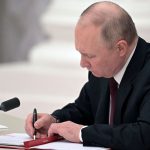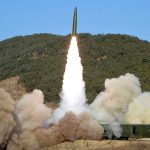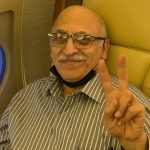North Korea leader Kim Jong Un has reportedly sent medicines “prepared by his family” to the country’s southwest as it battles an outbreak of an “unidentified gastrointestinal disease”.
It is believed at least 800 families are suffering from what North Korea has only called an “acute enteric epidemic” in the South Hwanghae Province so far.
South Korean officials say it may be cholera or typhoid.
The new outbreak in the North puts further strain on the isolated country as it battles chronic food shortages and a wave of COVID-19 infections.
The country’s state media agency, KCNA, said: “The respected General Secretary Kim Jong Un has sent medicines prepared by his family to the Haeju City, South Hwanghae Province.
“[Kim] stressed the need to contain the epidemic at the earliest date possible by taking a well-knit measure to quarantine the suspected cases to thoroughly curb its spread.”
Apparently on receiving the treatments, many people in the province cried.
We could be heading into a summer surge of COVID
COVID-19: Infections rise by nearly half a million in a week
Risk of long COVID lower from Omicron compared to Delta variant, coronavirus study suggests
KCNA said: “The people in Haeju City shouted ‘long live comrade Kim Jong Un!’ at the top of their voice, crying in gratitude.
“They warmly cherished the benevolent image of Kim Jong Un, who devotes himself to the people with his noble idea that there is no emergency more serious than the people’s pain and there is no revolutionary work more important than easing the people’s misfortune.”
The agency said prevention efforts included quarantine, “intensive screening for all residents” and special treatment and monitoring of vulnerable people such as children and the elderly.
A national “Rapid Diagnosis and Treatment Team” is working with local health officials, and measures are being taken to ensure farming is not disrupted in the key agricultural area, it added.
Please use Chrome browser for a more accessible video player
Disinfection work is also being carried out, including of sewage and other waste, to ensure the safety of drinking and household water.
It was only in the spring of this year that North Korea tentatively admitted people had contracted COVID. The country has refused to accept international help with immunisation.
